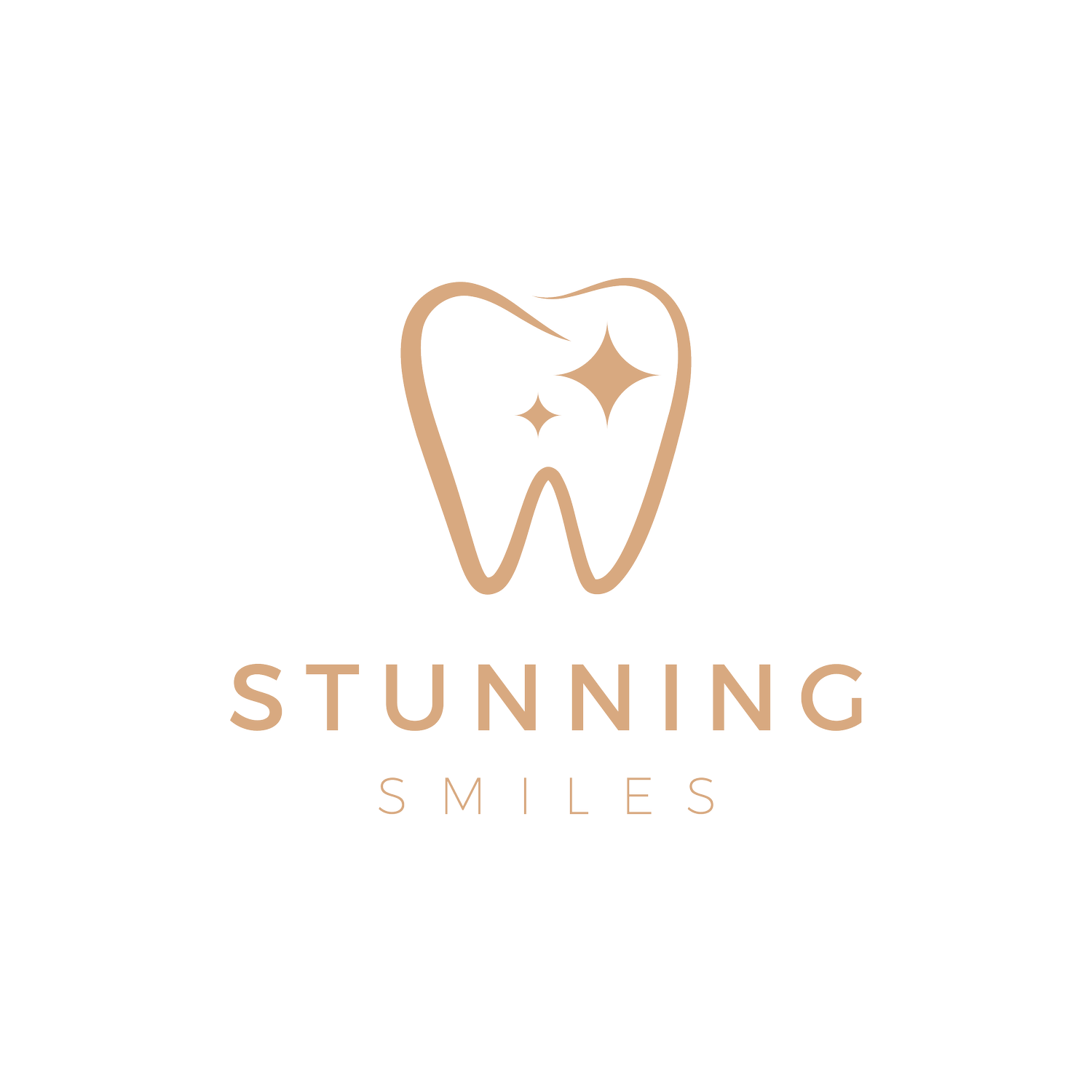The Sunshine Vitamin: Vitamin D Deficiency and its Impact on Oral Health
Vitamin D, often referred to as the "sunshine vitamin," plays a crucial role in maintaining overall health. From supporting bone health to boosting the immune system, this essential nutrient is involved in various bodily functions. However, one aspect that is often overlooked is the significant impact vitamin D deficiency can have on oral health. In this blog post, we'll explore the connection between vitamin D deficiency and oral health, and why it's essential to ensure adequate intake of this vital vitamin.
Understanding Vitamin D Deficiency:
Vitamin D is unique because our bodies can produce it when the skin is exposed to sunlight. It can also be obtained through certain foods and supplements. However, many people worldwide suffer from vitamin D deficiency, often due to insufficient exposure to sunlight, poor dietary habits, or medical conditions that hinder proper absorption.
The Link Between Vitamin D and Oral Health:
1. Strong Teeth and Bones: Vitamin D is vital for the absorption of calcium, which is crucial for strong teeth and bones. Insufficient vitamin D levels can lead to weaker tooth enamel, making teeth more susceptible to decay and cavities.
2. Reduced Risk of Gum Disease: Vitamin D possesses anti-inflammatory properties that help combat gum disease. Gum disease, or periodontitis, is a common oral health issue that can lead to tooth loss and other health complications if left untreated.
3. Improved Immune Response: A sufficient amount of vitamin D boosts the immune system, aiding in the prevention of oral infections and promoting quicker healing of oral tissues.
4. Prevention of Dry Mouth: Vitamin D deficiency has been linked to dry mouth (xerostomia), which can contribute to tooth decay and other oral health problems.
5. Enhanced Absorption of Minerals: Vitamin D facilitates the absorption of essential minerals like calcium and phosphorus, which are essential for maintaining healthy teeth and oral tissues.
Signs of Vitamin D Deficiency:
Recognising the signs of vitamin D deficiency can help you take proactive steps to improve your oral health:
- Tooth Decay: Frequent cavities and tooth decay may indicate weakened tooth enamel due to inadequate vitamin D levels.
- Gum Problems:If you experience gum inflammation, bleeding, or tenderness, it could be linked to vitamin D deficiency.
- Dry Mouth: Persistent dry mouth can be a symptom of vitamin D deficiency, leading to an increased risk of oral health issues.
Improving Oral Health with Vitamin D:
1. Sun Exposure: Spend some time outdoors in the sunlight, especially during the morning or late afternoon, to allow your skin to produce vitamin D.
2. Dietary Sources: Incorporate foods rich in vitamin D into your diet, such as fatty fish (salmon, mackerel), fortified dairy products, egg yolks, and mushrooms.
3. Supplements: If you have difficulty obtaining sufficient vitamin D from sunlight and diet alone, consider vitamin D supplements after consulting with your healthcare provider.
4. Regular Dental Check-ups: Maintain regular dental check-ups to monitor your oral health and address any issues promptly.
In conclusion, vitamin D deficiency can have a significant impact on oral health, affecting both teeth and gums. By ensuring adequate intake of this essential vitamin through sun exposure, a balanced diet, or supplements, you can promote better oral health and overall well-being. Remember, a healthy smile starts from within!

